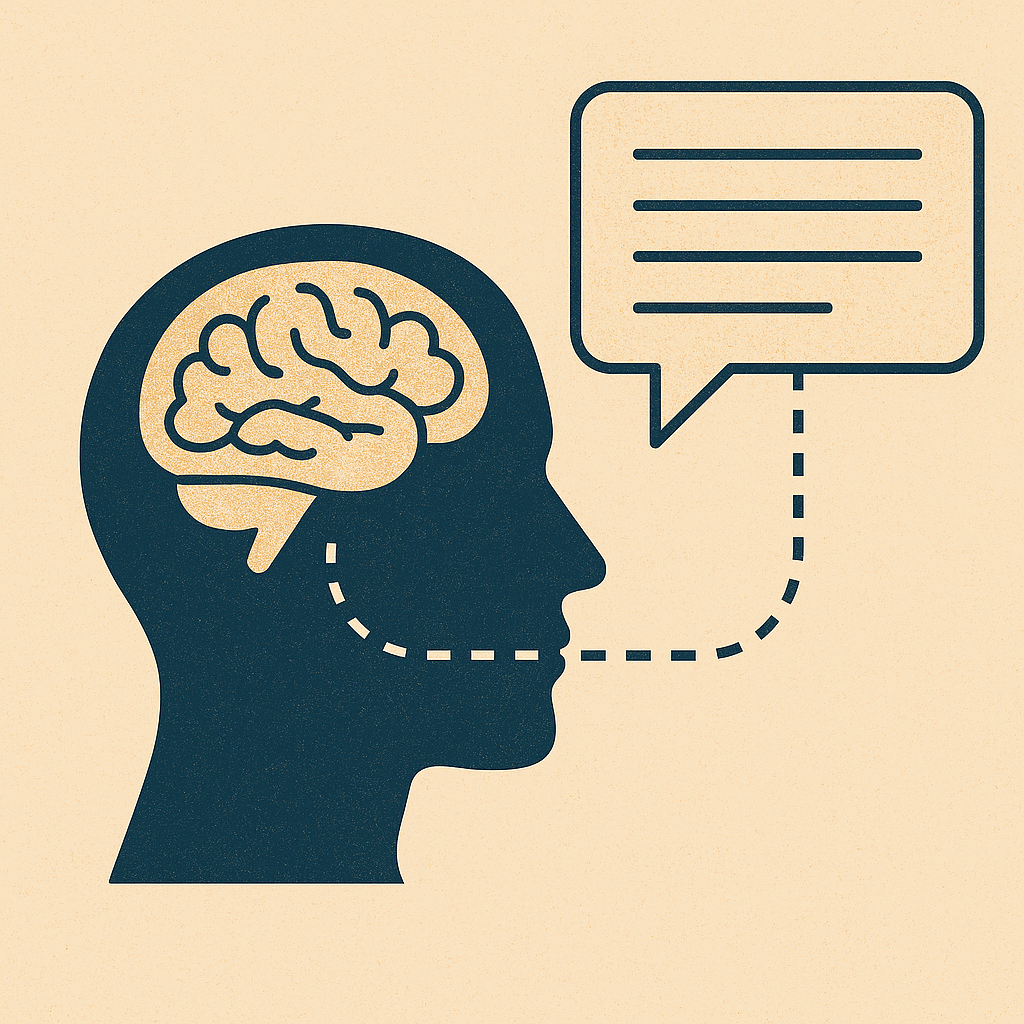
The Myth of Motivation: Why Your Brain Isn’t Designed for Constant Drive
We are taught to believe that a healthy mind is a driven mind, always moving forward, always striving. When motivation fades, self-blame quickly follows. But the brain was never designed for constant acceleration. It is an organ of prediction and energy conservation, shaped by safety, memory, seasons, and lived experience. From a neuroscience and compassionate perspective, low motivation is not a personal flaw, but an intelligent response to conditions. This article explores why the nervous system slows down, how past stress and winter rhythms shape our drive, and what changes when we stop forcing ourselves and begin listening instead.

How Evening Rituals Rewire the Brain for Emotional Stability
Evening is more than the end of the day. It is a powerful neurological window where the mind shifts from external demands to internal restoration. Simple nightly rituals have the ability to calm the nervous system, soften emotional residue, and gently rewire the brain for stability and resilience. With intention and consistency, your evenings can become a quiet source of healing.

When You Remove Money from the Equation
Money often becomes the background rhythm of life, influencing how we define success and self-worth. But when we remove it from the equation, a different picture emerges. We begin to see prosperity in the forms of calm, growth, connection, and meaning. This piece explores the science and philosophy behind balance and why life tends to reward us in ways that numbers cannot measure.

The Art of Waiting: Why Learning to Wait May Be the Most Important Skill of the 21st Century
In a world obsessed with instant results, we’ve forgotten how to wait. Yet waiting is not wasted time — it’s where growth, healing, and transformation take root. This reflective piece explores the art of waiting as a psychological, spiritual, and biological necessity, showing how patience reconnects us with life’s deeper rhythm.

When We All Start Thinking Like AI
What happens when millions of people begin to think, speak, and write like AI — not because machines are getting smarter, but because we’re adapting to them? This isn’t a warning. It’s a quiet reflection on what we may be losing without noticing.

You, Me, and the Machine: Making Space for AI in Emotional Healing
Many of my clients use AI for emotional support alongside therapy, and I encourage it as a helpful tool. But like any tool, it has limits. Understanding those limits, and embracing what only human connection offers, can help make sure it truly supports mental health.

The Neuroscience of Sound: How Auditory Stimulation Shapes Mental and Emotional States
Sound is more than background noise — it’s a neurological tool. Recent research reveals how structured auditory input can entrain brainwaves, support nervous system regulation, and influence mood and cognition. This article explores the emerging science behind sound's therapeutic effects and its potential role in mental health support.

The Healing Power of Humour in Therapy: Neuroscience, Connection, and Change
Laughter in therapy isn’t a distraction — it’s a neurobiological tool. It lowers defences, boosts dopamine, reduces cortisol, and opens a window for change. When used with care, humour reconnects clients to themselves and others in ways words alone cannot.

When Language Makes It Worse: How Grammar Can Deepen Suffering in Mental Health
We don’t just suffer because of what we think — we suffer because of how we talk about what we think. In this reflective piece, we explore how subtle features of language — like saying “my anxiety” or “I can’t cope” — can quietly deepen distress by reinforcing ownership, identity, and shame. Without denying the complexity of mental health, this article invites a gentler way of speaking that creates more space, softness, and clarity in the way we experience emotional pain.

Seeking Balance in an Imbalanced World: The Mental Weight of Injustice and the Paradox of Peace
Sometimes it’s not personal. It’s about the world — injustice, pain, imbalance. Like many, I find myself mentally reconstructing fairness, imagining justice being done. But is this truly unhealthy — or a soul’s protest?

🌿 Why Self-Compassion Often Feels Lonely — And What We Can Do About It
We're told to "just be kind to ourselves," but what if that still leaves you feeling isolated? 🤔 Self-compassion is vital, but sometimes, something's missing. This article reveals why your human design yearns for a shared presence and introduces Relational Self-Compassion.

Coming Home to Yourself: A Gentle Guide to Understanding Your Inner World
What if your anxiety, numbness, or restlessness weren't signs of failure, but quiet messages from forgotten parts of yourself? This gentle, thought-provoking guide invites you to reconnect with your inner witness, your hidden longings, your protective strategies, and the wisdom of your body — not to fix yourself, but to truly come home.

Seasons of the Psyche: How Nature’s Cycles Reflect Our Inner Life
Your emotional life moves in cycles, just like the seasons. By honouring your inner winters, springs, summers, and autumns, you can live more in tune with your needs, your growth, and your natural rhythm of healing.

Reparenting Yourself: Becoming the Nurturing Voice You Once Needed
Reparenting isn’t about rewriting the past—it’s about nurturing your present. Learn how gentle self-talk, emotional attunement, and compassionate inner rituals can help you become the loving voice you always needed.

Shadow Work in Everyday Life: Meeting the Parts of Ourselves We Often Ignore
Shadow work isn’t about fixing yourself—it’s about discovering the parts of you that have long been buried. This post explores how daily self-awareness and compassion can help you gently integrate the parts of yourself you’ve ignored, and why doing so is essential for healing and wholeness.

Monotasking Magic: Rediscovering Focus in a Multi-Tasking World
Your mind isn’t meant to be everywhere at once. Monotasking invites you to slow down, focus deeply, and experience the clarity and calm that comes from giving your full attention to just one thing at a time.

The Ritual Effect: How Simple Daily Practices Anchor Emotional Well-Being
Rituals aren’t just routines—they’re emotional anchors that offer clarity, calm, and connection in our daily lives. Discover how simple, intentional acts like lighting a candle or pausing with tea can transform your mental space and ground your well-being.

The Role of Laughter in Emotional Resilience
Laughter isn’t just a reaction—it’s a resilience tool. Discover how humor strengthens emotional well-being, relieves stress, and helps us navigate life’s challenges with greater ease and perspective.

Rethinking Success: Defining What Fulfillment Means to You
Success isn’t just about achievements—it’s about fulfillment. Learn how to redefine success in a way that aligns with your values, prioritizes well-being, and brings true meaning to your life.

The Science of Rest: Why Relaxation is the New Productivity
Rest isn’t wasted time—it’s the fuel that powers productivity and well-being. Learn how intentional relaxation enhances focus, creativity, and mental resilience, helping you achieve more by doing less.
